Children experience a wide range of emotions as they grow and that also includes negative feelings. However, their lack of experience and perspective can keep them from clinically labeling what they are feeling. Instead, they use other descriptors.
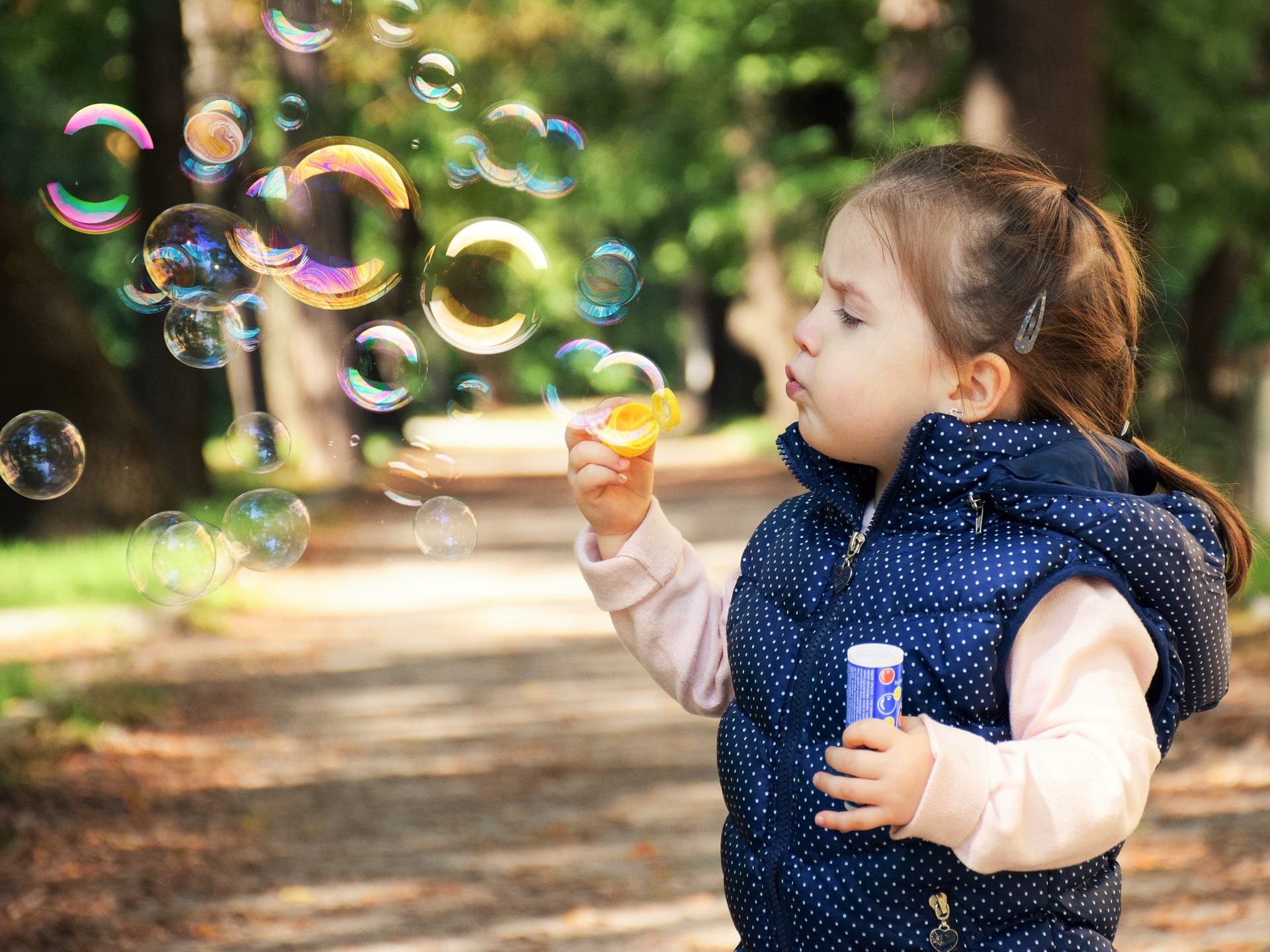
Photo Credit: Pixabay
Kids will discuss their symptoms before their feelings. We, as adults, then need to use our own experiences and perceptions to help them work through their uncertainties. Perhaps an exact diagnosis isn’t possible or appropriate, but we can at least provide support.
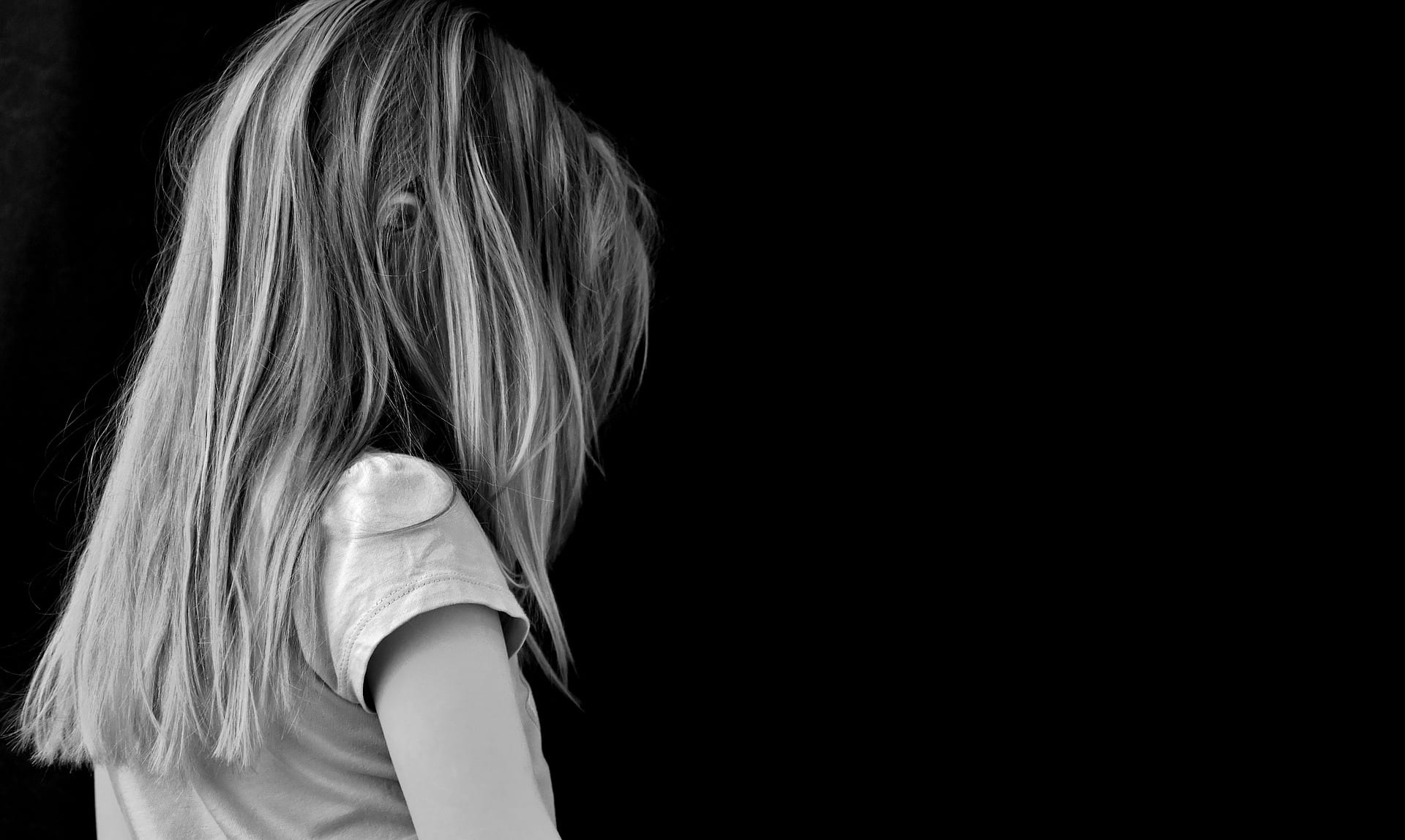
Photo Credit: Pixabay
What usually happens, though, is that adults are quick to write off these symptoms as hyperactivity or other child-centric conditions without considering other potential causes. We tend to think negative feelings—like anxiety or depression—are emotional hazards of being an adult. Aren’t children carefree and going through the best years of their lives? What could possibly make a child anxious or depressed?
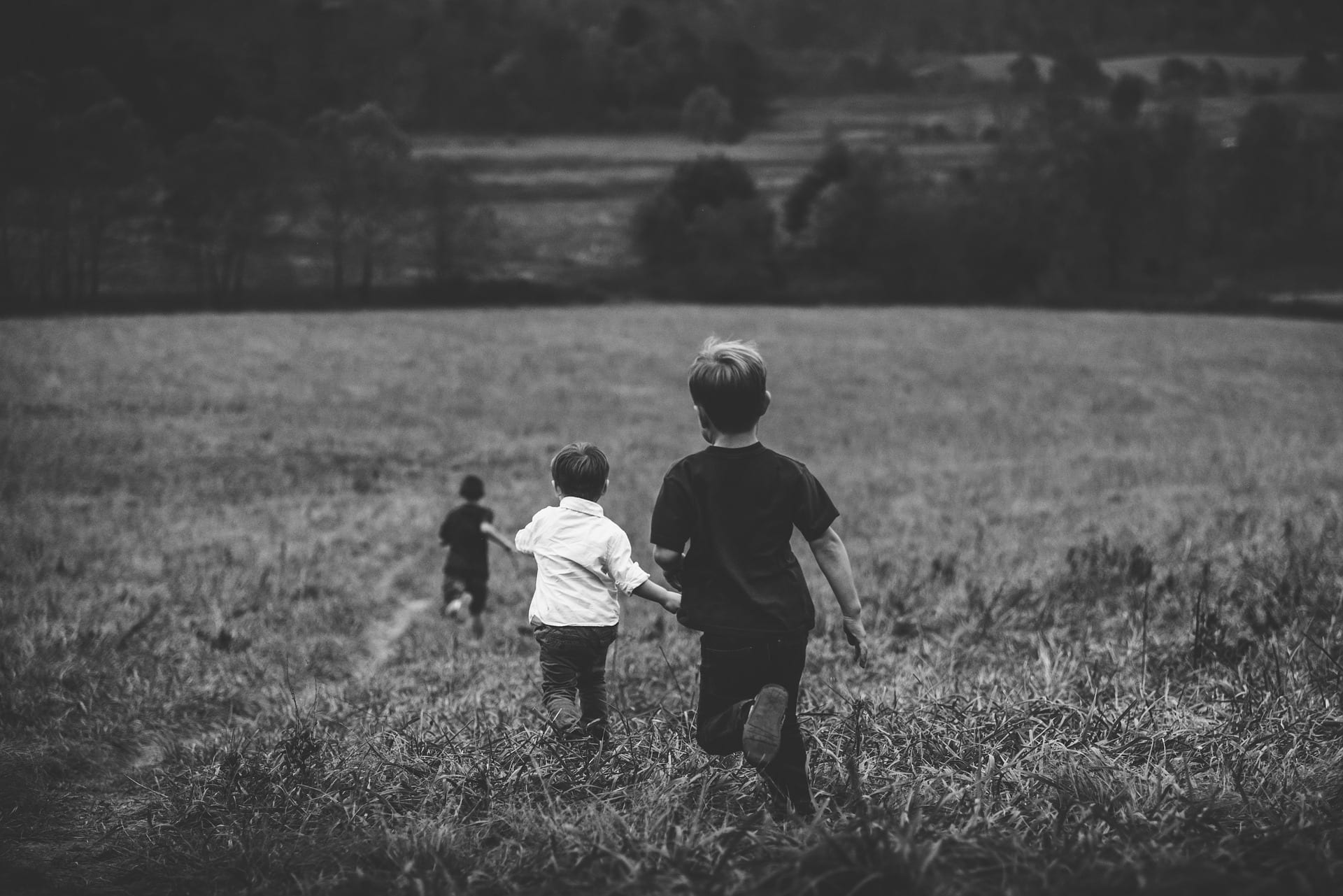
Photo Credit: Pixabay
Of course, things like the dark or strangers can cause anxiety in little ones. But what about real anxiety disorders?
Well, children really can develop the same types anxiety and depression as adults. And if they’re ignored, such mental conditions can affect their future relationships, just like in adults.
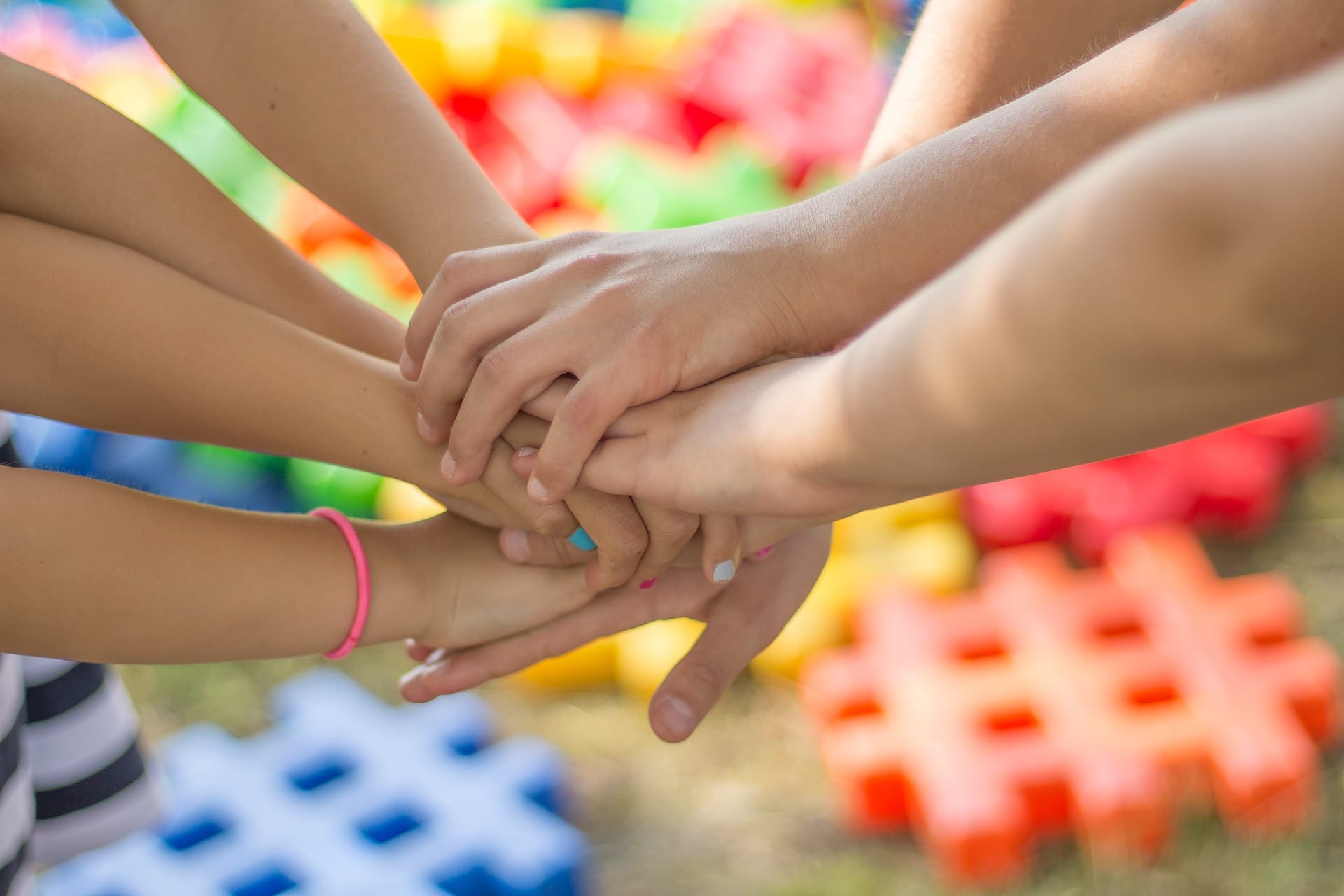
Photo Credit: Pixabay
Unaddressed anxiety can also lead to depression and substance abuse. But how can we address a condition when we don’t know how to see it?
Children are going to express their symptoms differently, so be on the lookout for certain signs:
- Stomach aches
- Irritability
- Restlessness
- Avoiding stressful people or situations even if the stress seems minimal
- Becoming upset at slight stress
- Transitioning issues
- Perfectionism to the extreme
- Activity that looks like self-harm
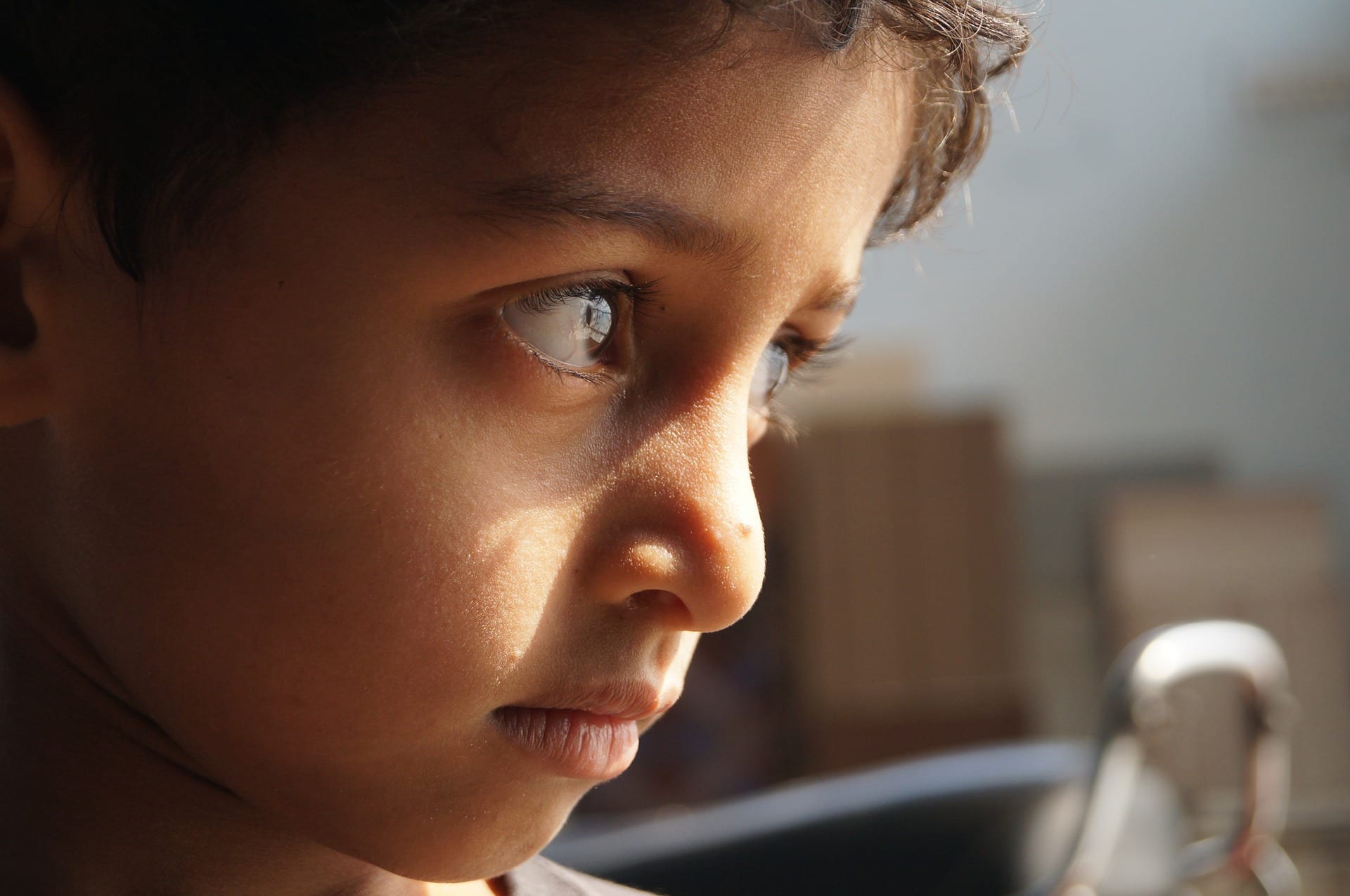
Photo Credit: Pixabay
If you see anxiety is controlling your child, it’s best to seek professional help. Anxiety doesn’t mean your child is unhappy, and it doesn’t mean you’re not good parent. Remember, your child’s anxiety is not about you.
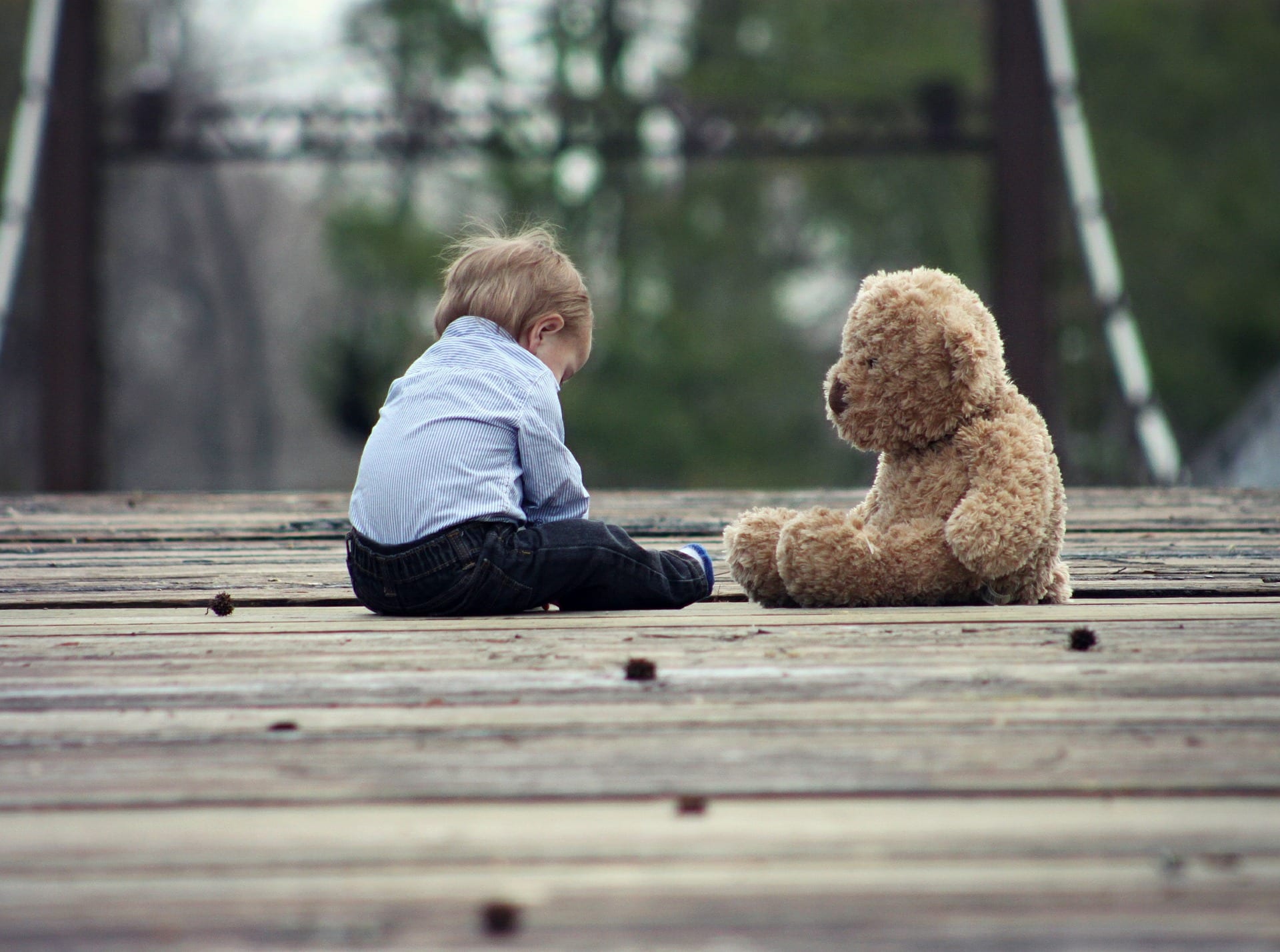
Photo Credit: Pixabay
Anxiety is a feeling your child is having difficulty controlling. But getting early intervention can result in a confident kid that grows into a high-functioning adult.
And that’s a difference that will last a lifetime.






